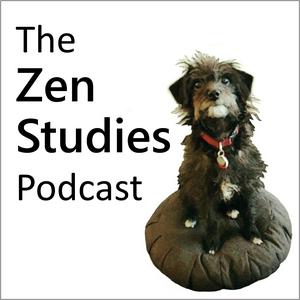In Buddhism, we are guided by the ideal of a Buddha, or awakened being. One of the characteristics of a Buddha is unconditional and selfless generosity, and when your generosity is blocked, you can be sure that some part of you still needs understanding, healing or liberation. On the other hand, when you're able to set aside your self-doubt and imagine yourself as a Buddha, when you look on other beings as if they were your children, you may find your generosity flows more naturally.


